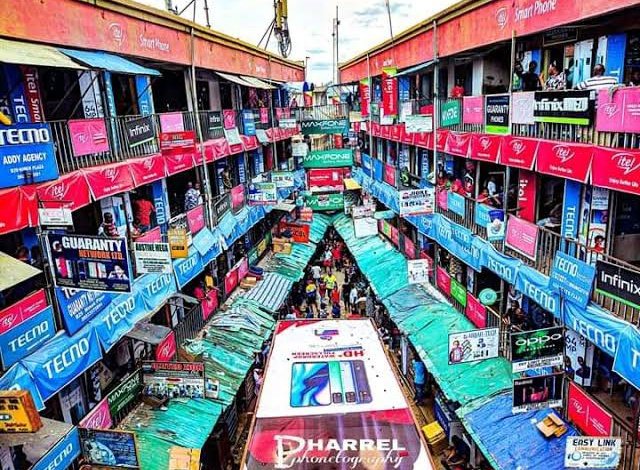Indigenous Nigerian oil and gas operators are advocating for enhanced infrastructure and financial support to take advantage of international oil companies’ divestment.
They believe this divestment could unlock over 500 million barrels of oil and three trillion cubic feet of gas reserves, provided the government effectively manages the transition.
Operators expressed concern over 15 years of under-investment, which they argue has led to a decline in Nigeria’s oil production from 2.6 million barrels per day to 1.5 million.
They are also calling for an updated regulatory framework and a review of the Petroleum Industry Act (PIA) to accommodate the growth from fewer than 15 operators to around 50, addressing the challenges of energy transition and funding constraints, according to Arise News.
The speakers including the Chief Executive Officer of Aradel Holdings, Mr. Adegbite Falade; Chief Operating Officer of Seplat Energy, Mr. Sam Ezugworie; Chairman/Chief Executive Officer of Britannia-U, Mrs. Uju Ifelika; and Chief Executive Officer of Heirs Energies Limited, Mr. Osayande Igiehon, made the assertions in Lagos at the Pre-conference Workshop of the Nigerian Association of Petroleum Explorationists.
The theme of the event was “Leveraging Divestment and Local Content Capacity to Enhance Nigeria’s Oil and Gas Industry: Challenges and Opportunities.”
In his address, Falade addressed concerns about the divestment by IOCs, emphasizing that it should be viewed as an opportunity for Nigeria. He encouraged stakeholders to embrace and exploit these changes for the country’s benefit.
He said, “Divestment has the potential to unlock over 500 million barrels of oil reserves and over three trillion cubic feet of gas reserves in Nigeria. So, divestment is not bad for the sector and we need to embrace it.”
He noted that deliberate under-investment in the oil and gas industry over the past 15 years has contributed to the decline in production.
The Aradel boss urged a review of the regulatory framework governing the Nigerian oil and gas sector, highlighting that regulators have not evolved in the past 20 years to keep pace with the industry’s growth from around 15 operators to the current 50.
In his remarks, Seplat COO,
Ezugworie lamented that Nigeria’s oil production had stalled at just 1.5 million barrels per day, despite the rise in local operators.
He stated that IOCs are shifting focus from onshore and shallow blocks to offshore and deepwater operations.
Ezugworie emphasized the importance of maximizing this divestment opportunity by fostering the growth of local firms with the capacity to match the “Big 5”—Seplat, Aradel, First E&P, Waltersmith, and Platform Petroleum.
Contributing, CEO of Britannia-U, Ifejika, advocated that the industry regulators must be proactive enough to address emerging challenges in the Nigerian upstream petroleum sector.
She argued that only seven companies have recorded success out of the 24 that they awarded marginal fields during the 2003/2004 bid round.
He also questioned whether the Petroleum Industry Act (PIA) has successfully attracted significant investment since its implementation in 2021. Ezugworie suggested that establishing Key Performance Indicators (KPIs) is essential to evaluate the effectiveness of regulations within the industry.
She noted that the last marginal field bid round conducted in 2020 has not yielded positive results, as none of the awarded companies have achieved first oil.
Ifejika urged the government to address the decline in investment and production in the oil and gas industry by implementing favorable fiscal terms and adopting a pragmatic regulatory approach.
In his presentation, CEO of Heirs Energies Limited, Osayande Igiehon highlighted the significant transition in Nigeria’s oil and gas sector from international oil companies (IOCs) to indigenous players.
He pointed out that the wave of divestment, which began 20 years ago, has increased in both size and complexity.
Represented by the Chief Financial Officer of Heirs Energies, Mr. Sam Nwanze, Igiehon stated that with IOCs divesting, local firms have the chance to acquire assets, boosting Nigerian participation and control in the oil and gas value chain.
He said, “This creates opportunity for growth as indigenous players have the opportunity to better balance risk and growth. Local content policies provide more jobs for Nigerians and improve workforce capabilities, reducing reliance on foreign expertise.
“With divestment, there is room for indigenous companies to adopt and invest in new technologies, enhancing operational efficiencies and cost savings.
“The need for local suppliers, service providers, and subcontractors grows, strengthening the wider Nigerian oil and gas ecosystem.”










